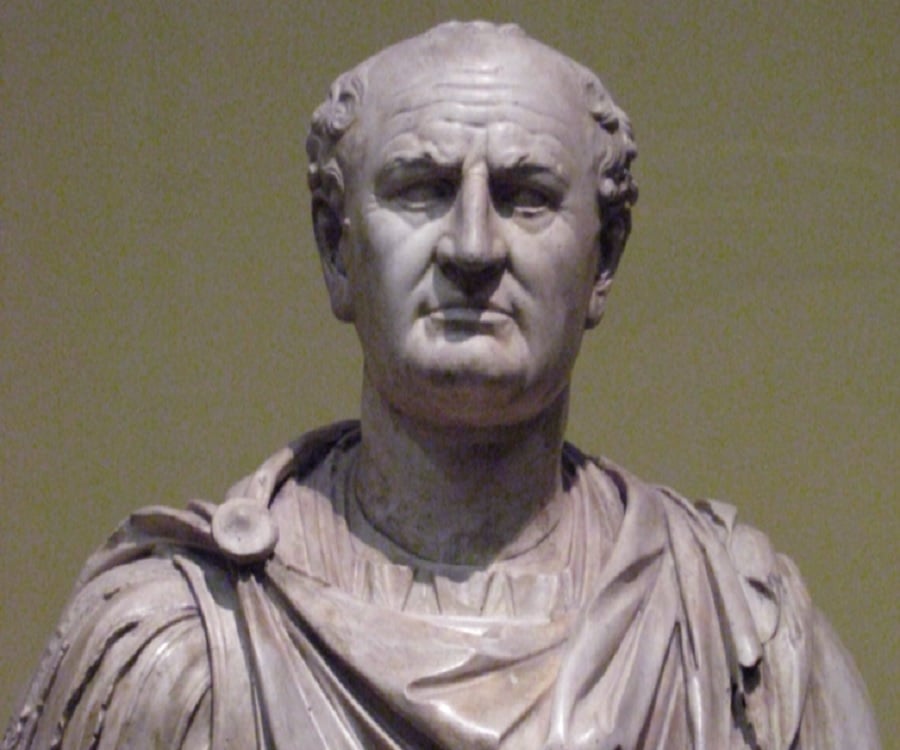Salento
Regular Member
- Messages
- 5,635
- Reaction score
- 2,838
- Points
- 113
- Ethnic group
- Italian
- Y-DNA haplogroup
- T1a2 - SK1480
- mtDNA haplogroup
- H12a
The Illyrian arrived in Italy 1500 Years before the Greeks, and they mixed with the locals too.
At what point is a Population Label "South Italian", or Greek, or Spanish, ....?
Multiple Tribes, in some case related with each other, migrated, settle, and mingle with the locals.
Everywhere in Europe.
To a less extent maybe the Basques and the Sardinians.
Most Populations are a collections of ancient tribes.
The Greeks too are not exactly the same everywhere in Greece.
The Ratio and Percentage of genes similarity makes a Population.
For example:

At what point is a Population Label "South Italian", or Greek, or Spanish, ....?
Multiple Tribes, in some case related with each other, migrated, settle, and mingle with the locals.
Everywhere in Europe.
To a less extent maybe the Basques and the Sardinians.
Most Populations are a collections of ancient tribes.
The Greeks too are not exactly the same everywhere in Greece.
The Ratio and Percentage of genes similarity makes a Population.
For example:





